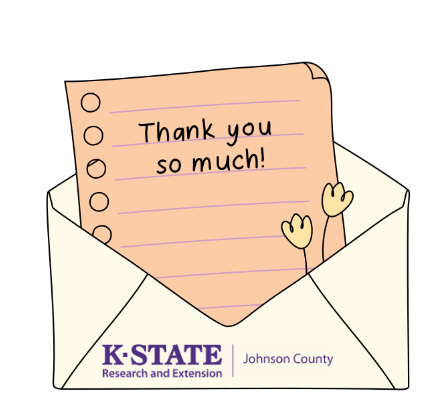Strategies to Keep Volunteers Engaged
Those who have the honor of working with volunteers know it can be rewarding and challenging at times. A volunteer’s experience with a project should add to the community’s pool of volunteers, not drain it. Several factors contribute to keeping volunteers once you have recruited them, such as providing good orientation, adequate training, support, and recognition.
Four key things can help you get the best return on the time and effort you put into supporting volunteers:
Stay in touch
Make sure all volunteers get the same information about the project and its progress in a timely way. Make sure they have the resources they need to do their job. Be able to work with volunteers to find a mutually acceptable solution to disputes or problems.
Ask for and give feedback
Show respect for your volunteers and take them seriously. Ask them for feedback about their project and its progress. Consider developing a job description for volunteers and ask for feedback about it as they carry it out.
Create a recognition plan
The surest way to lose volunteers is to take them for granted. Be intentional about recognizing what volunteers accomplish. Plan to recognize volunteers in formal and informal ways.
Understand the volunteer “life cycle”
When volunteers turn down an invitation to work or choose to step back, make sure your organization maintai

ns a positive relationship with them. Remember an old saying: “Our ability to work together tomorrow depends to a large degree on how we treat each other today.”
Remember to Recognize!
The recognition piece is often overlooked and should be more than a solid thank you! Here are a few items
to consider when creating a recognition plan.
Be honest.
Give recognition or say thank you only if you mean it and think it is deserved. Being insincere can create conflict between you and the volunteers.
Be timely.
Recognize contributions on an ongoing basis. Do not wait until the end of the year or until the project is completed. Ensure the recognition is close to the time of the accomplishment.
Recognize the volunteers, not the task.
The recognition should be specific to the accomplishment of the volunteer. The personalization creates a more meaningful gesture.
Match the amount of praise to the size of the accomplishment.
If volunteers get elaborate praise for everything they do, the impact of the recognition is weakened. Remember to give similar recognition for similar accomplishments achieved by different volunteers.
Match the recognition to the volunteer.
Each volunteer is a unique individual. Take the time to find out what matters to them in the form of recognition.
Focus recognition on what you want to develop.
Recognizing volunteers and their accomplishments reinforces positive behaviors and creates a positive role model for other volunteers.
Volunteers can be a lifeline for many organizations to increase capacity and impact within the community. It is important to strategize and implementing a plan of action to support and recognize the accomplishments of volunteers in a meaningful way.
Adapted from the “The Community Leadership Handbook” Framing Ideas, Building Relationships and Mobilizing Resources by James F. Krile, 2006.
__________________________
Volunteer for Extension:
We have many ways become an Extension volunteer. Learn more here.